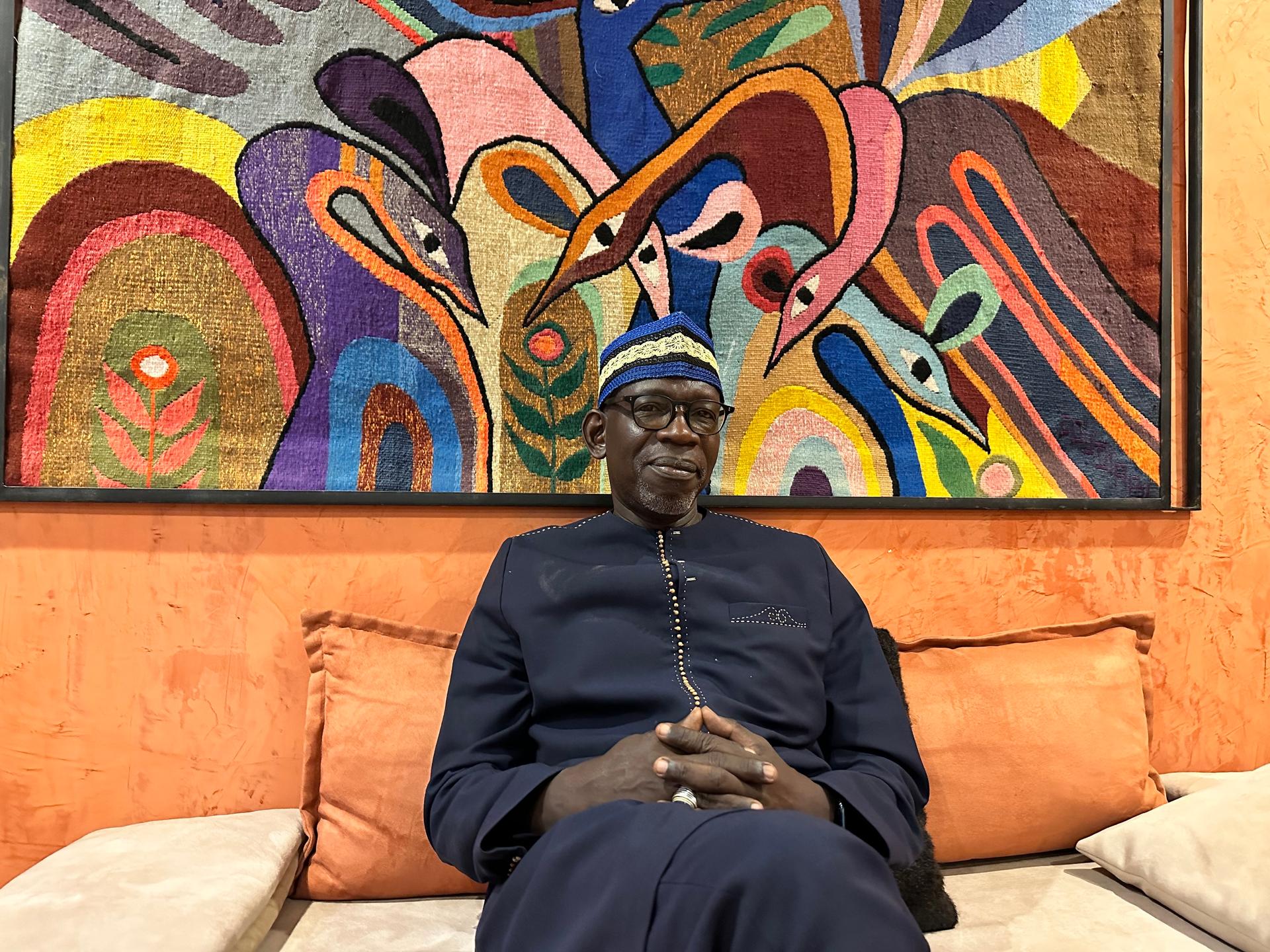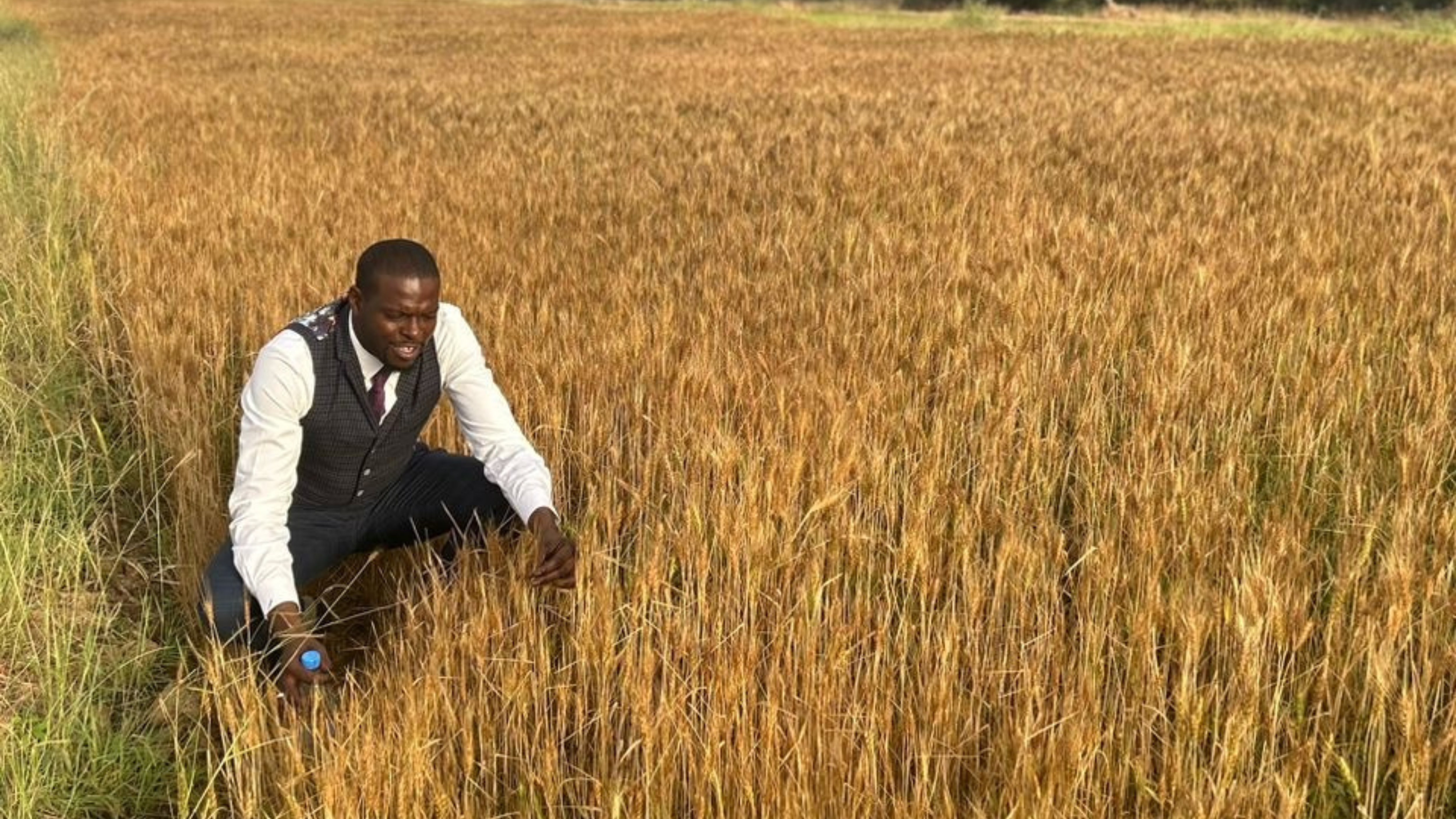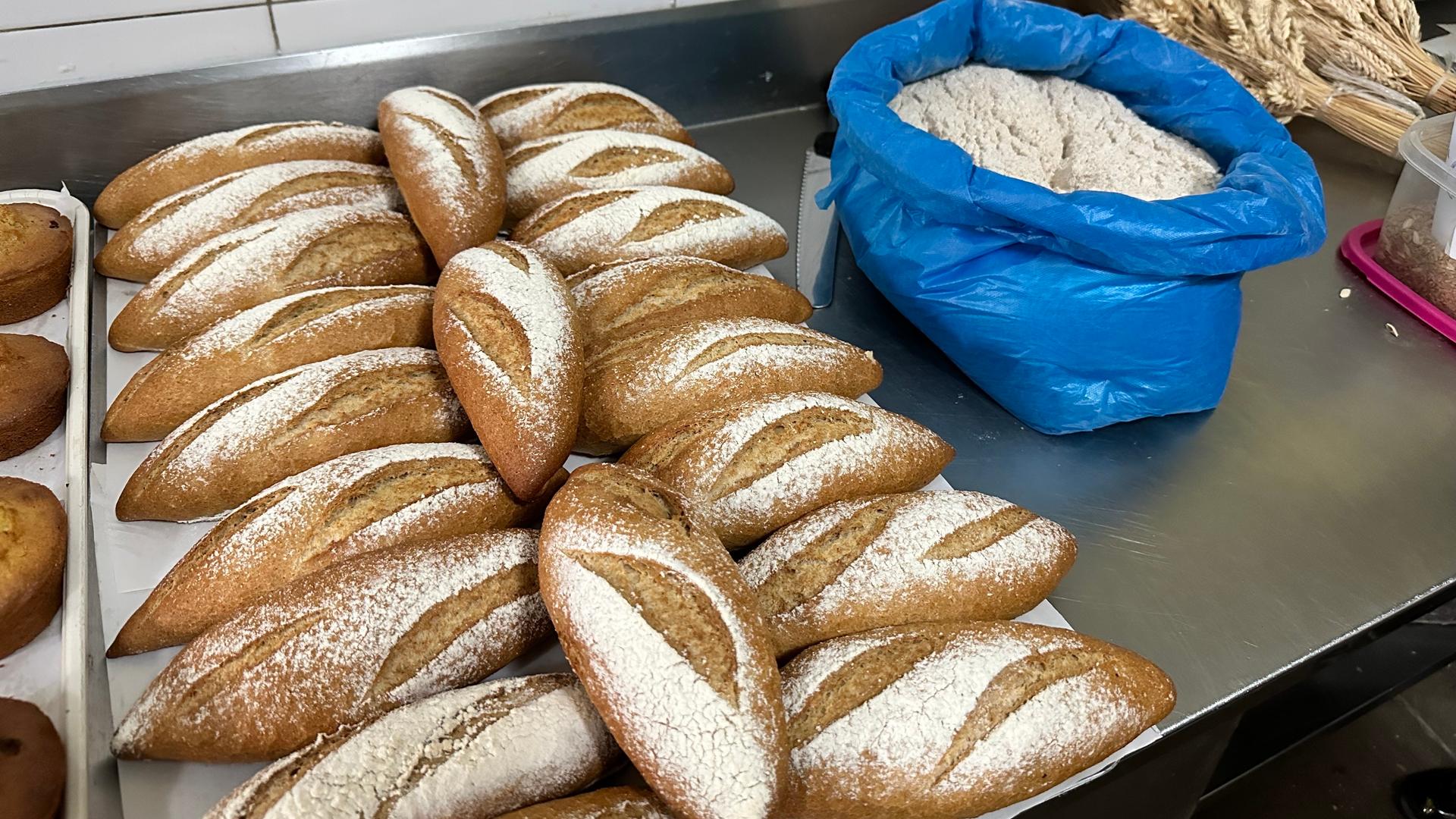All over Senegal, baguettes are extremely popular. That’s the long, crusty and airy bread the French left behind in their former West African colonies.
About 10 million baguettes are sold every day in this country of 17 million people, according to Senegal’s National Association of Grain Importers. That means every person eats, on average, more than half of a baguette every day.
But the wheat needed to make such baguettes doesn’t naturally grow in tropical weather, which means Senegal relies almost entirely on imports.
Until last year, most wheat imports came from Russia, according to Claude Demba Diop, the president of the National Association of Grain Importers in Senegal. But when Russia invaded Ukraine, those shipments stopped because the West imposed sanctions that banned payments to Moscow in dollars, the usual currency for such transactions.
“We had to turn to other countries like Poland, Lithuania or Argentina, and prices soared,” Diop explained.
The government froze the price of bread to protect consumers and promised importers it would make up the difference in cost. But the payments have been delayed, and importers are still waiting to get part of the subsidy that was promised. “It’s been a season of sacrifice for importers,” Diop said.

Earlier this year, Senegal was able to resume most of the imports coming from Russia, according to Diop, and prices are slowly returning to normal. But the crisis helped raise awareness about the risks of being 100% dependent on wheat imports for a baguette-loving country.
“We can’t keep on living like this. We have to find our own solutions, our own ways to be independent,” said Mouhamed Moustapha Sall, the owner of Boulangerie Jaune bakery in Dakar that sells baking goods made out of domestic grains.
“The war in Ukraine made this more of a reality,” he said.
Earlier this year, the government imposed new requirements to help local producers of local grains that grow in Senegal, such as corn, millet and moringa.
By 2025, at least 20% of these domestic products must be incorporated into the bread-making process.
Sall is already doing that and investing in a yearslong project to grow local wheat.

Scientists at the Senegalese Institute for Agricultural Research, a public organization, have been trying out seeds that can withstand heat and recently harvested four wheat varieties on a demonstration plot in Sangalkam, nearly 22 miles from the capital of Dakar.
“We know that we can make anything we want to make with this local Senegalese wheat. We just have to believe in it,” Sall said at his bakery.
While the bread made from this wheat is more nutritious, it’s not quite the same as the traditional French baguette, and some people are not quite convinced.
“It looks and tastes more like whole wheat bread,” said Michelle Jonas, a client at the Point Chaud bakery in Dakar. “It’s kind of heavy,” he added. “I still prefer the white bread, the traditional baguette.”
The biggest challenge to wheat independence in Senegal may prove to be changing people’s habits.
Borso Tall contributed to this report.
Related: ‘Trade is trade and war is war’: Romanian farmers say helping Ukraine is hurting their bottom line
